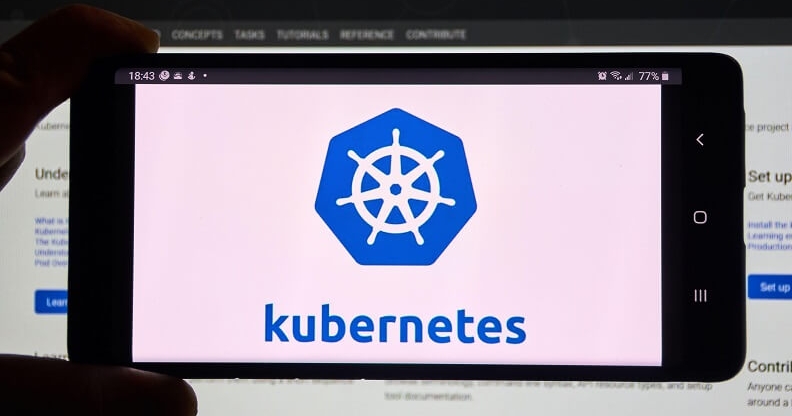
March 13, 2024 at 01:21PM
A security bug in Kubernetes allows attackers to remotely execute code with System privileges on Windows endpoints, potentially leading to full takeover of all Windows nodes in a cluster. Tracked as CVE-2023-5528 with a CVSS score of 7.2, the vulnerability can be exploited by manipulating Kubernetes volumes. The flaw affects Kubernetes versions earlier than 1.28.4 with Windows nodes. Patching is highly recommended.
From the meeting notes, it appears that there is a critical security vulnerability in the widely used Kubernetes container-management system. The vulnerability, tracked as CVE-2023-5528 and with a CVSS score of 7.2, allows attackers to remotely execute code with System privileges on Windows endpoints within a Kubernetes cluster.
The flaw was discovered by Akamai security researcher Tomer Peled, who outlined the exploitation methods and the potential impact on Kubernetes clusters. The vulnerability affects default installations of Kubernetes earlier than version 1.28.4 running on-prem deployments and Azure Kubernetes Service, if they are using an in-tree storage plugin for Windows. A patch for remediation is available and highly recommended to be applied.
Peled also highlighted the need for verification of Kubernetes configurations, input sanitization, and following best practices such as role-based access control (RBAC) and keeping clusters up to date to mitigate known threats. For environments running Kubernetes, it’s important to verify if the system is vulnerable and prioritize patching if necessary. Additionally, Akamai is providing an Open Policy Agent (OPA) rule to help detect and block this kind of behavior if immediate patching is not feasible.
The prompt and thorough patching of this vulnerability and the implementation of recommended best practices are crucial to mitigating the risk of exploitation and securing Kubernetes clusters.
If you have further questions or need additional assistance, please feel free to ask.